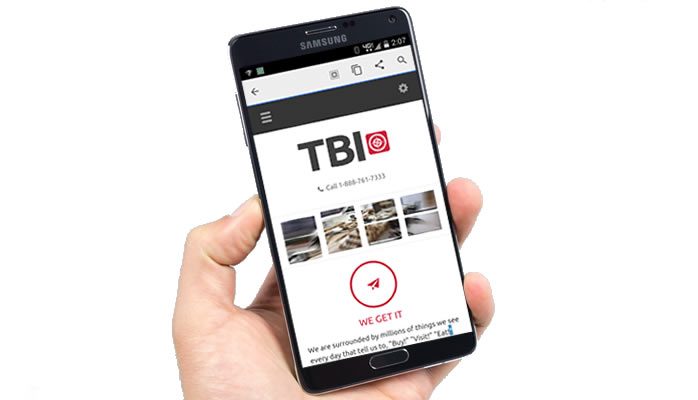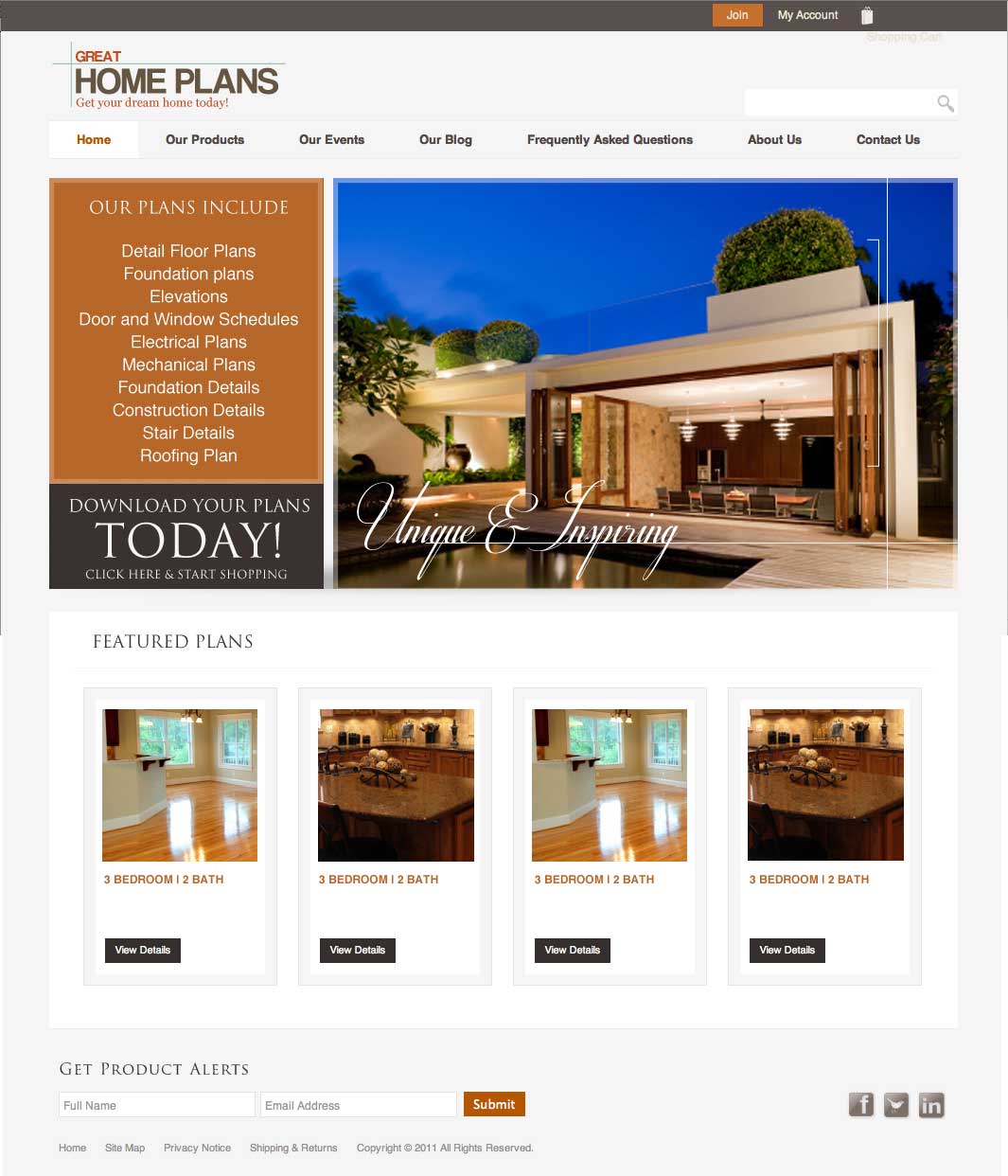You just worked your rear end off for the last 12 months.
Creating your product. Having samples made. Ordering 1 million of them because that’s the factory’s minimum.
You had someone in Indonesia create a slick logo for you. You set up your UPS account. You’ve rolled up your sleeves and you’re ready to get started on your ecommerce website.
Maybe you know a guy who’s nephew builds websites from his dorm. Or you read some article on how to build your own website in three easy steps. So now all you have to do is get the website built and you’re good to go, right?
Wrong.
Over the years, I have met too many start-ups trying to build their own websites and too many entrepreneurs whining about the price to build a great website. And it bugs me.
Building a beautifully designed, fully capable website is no longer a luxury if you’re looking to launch or grow any ecommerce business in 2015. It’s a necessity.
Look, I get it. You’re a startup. You have a limited budget. You’re an entrepreneur willing to do things yourself. And that’s all very admirable. But if you’re launching an ecommerce business and you’re unwilling to invest in your website, then you’re better off having never launched your business.
Here’s why.
You have a single presence. Make it count.
Instead of a website, let’s assume instead you’re opening a new brick-and-mortar clothing store. Since you’re a startup, your shop would likely be small. Your budget for build-out wouldn’t be much. But at a minimum, you still have to pay for paint, flooring, lights, shelves, displays, mannequins, a POS system, an inventory system and quite a few fixtures. Even with just a short one-year lease for retail space, no matter where you open it, you’d still be looking at $100,000 to cover just your physical presence. Probably more.
And even after dropping $100,000, you’d still pale in comparison to the Bass Pro Shop down the road from you. Or the Dicks Sporting Goods. Or any other competition that is already selling online. They’d kill you in presentation, assortment and skilled labor. You’d never survive.
But…if you’re building an ecommerce website, customers view you differently. They view you only in the narrow world of online space. They won’t be thinking about what the Macy’s store in their neighborhood looks like. They’ll compare cabelas.com with your website.
And guess what? Now you have a much better chance in this competition.
While the cost of a good web developer varies, a beautifully designed, fully capable website should cost between $7,000 and $20,000 at most. Now compare that with the $100,000 you’d spend for your brick-and-mortar store — and you’d still lose that battle in every way. So why wouldn’t you spend a few bucks and build a kick-ass website? A website, by the way, that would last far more than a year.
So what does it mean to have a beautifully designed, fully capable website?
The best place to start when designing your website (both aesthetically and as a utility) is to roam the web seeking out your competitors. What do their sites look like? What do you like most about their design? What do you like least about their design?
Now start looking at sites outside of your competition. Look for anything from a design perspective that appears fresh or unique. I’m building a website now to sell bar products. Our gallery of thumbnails and product pages were inspired by a website I found dedicated to all those “fund me” sites that are so popular. A totally different industry, and yet, the design scheme fit perfectly for what I wanted to do.
So after you have the design figured out, then make sure your product photos are professionally taken. Every piece of research I’ve ever read confirms that the nicer your product photography, the higher the conversion rate. And of course, the lower the return rate of your products. Poor photography also intangibly affects your brand. Do yourself a favor and hire a professional photographer.
Now it is time to revisit your competitors and test their navigability. Pretend you’re the consumer. Do the categories make sense? Are there any special features that you love? Is there something you hate? Do you wish it had a certain feature to bridge the gap between shopping in-person vs. shopping online?
So when building your website, make sure to include the features you love and exclude the features you don’t. And if you can come up with a creative add-on to your site, all the better.
Mobile
I will not bore you with the stats (which are everywhere) but suffice it to say that if your website does not translate well into an easy and appealing mobile experience, you’re wasting your time investing in your new beautifully-designed, fully capable website.
About TBI
TBI is a forward-thinking performance marketing agency focused on igniting the connection between brands and their consumers.
As individuals we are designers, strategists, writers, artists, art directors, techies, sales people, market analysts, media gurus, entrepreneurs, and inventors. As a collective we are much more. #design #branding #web
Gregg Shuggar Contributor



